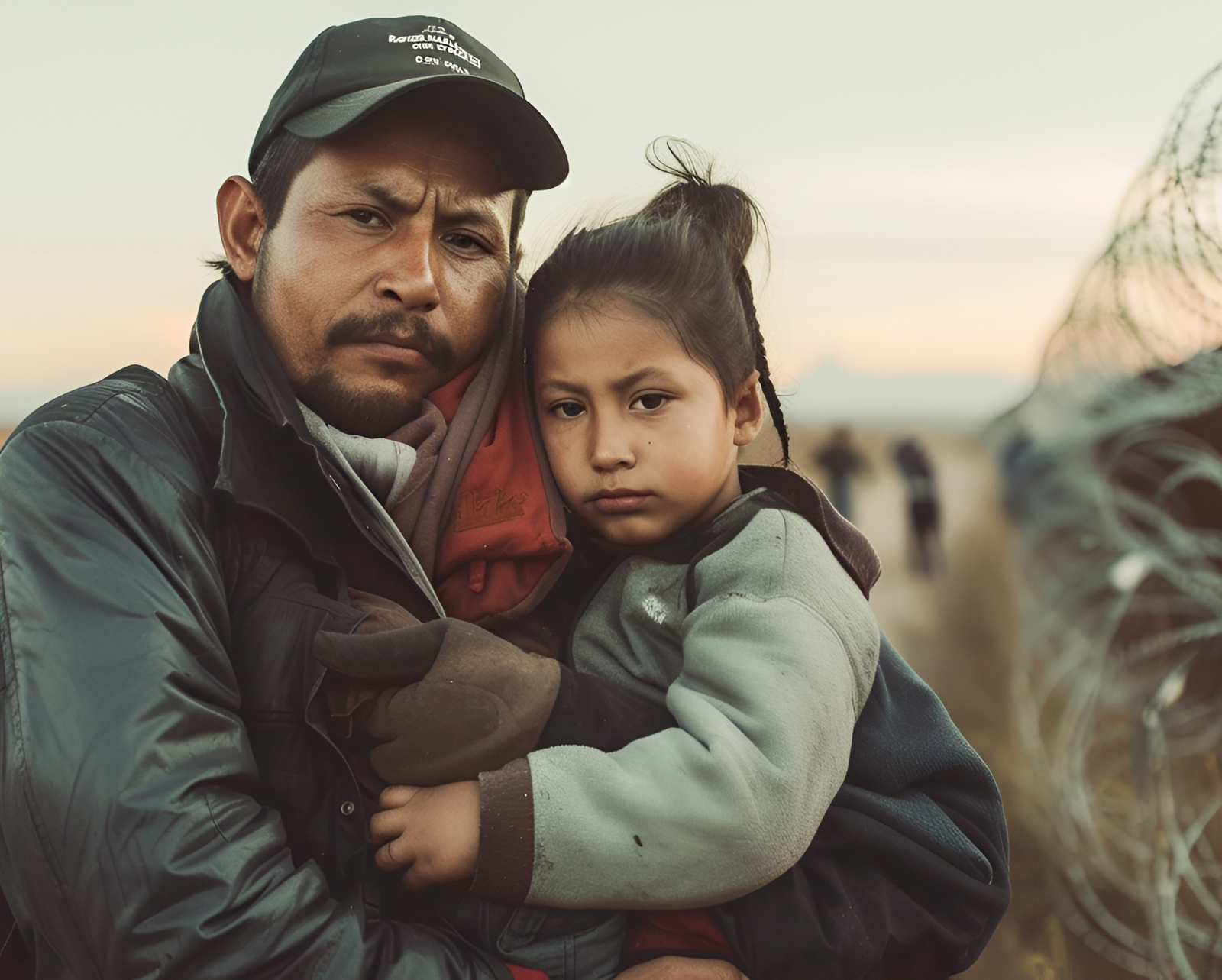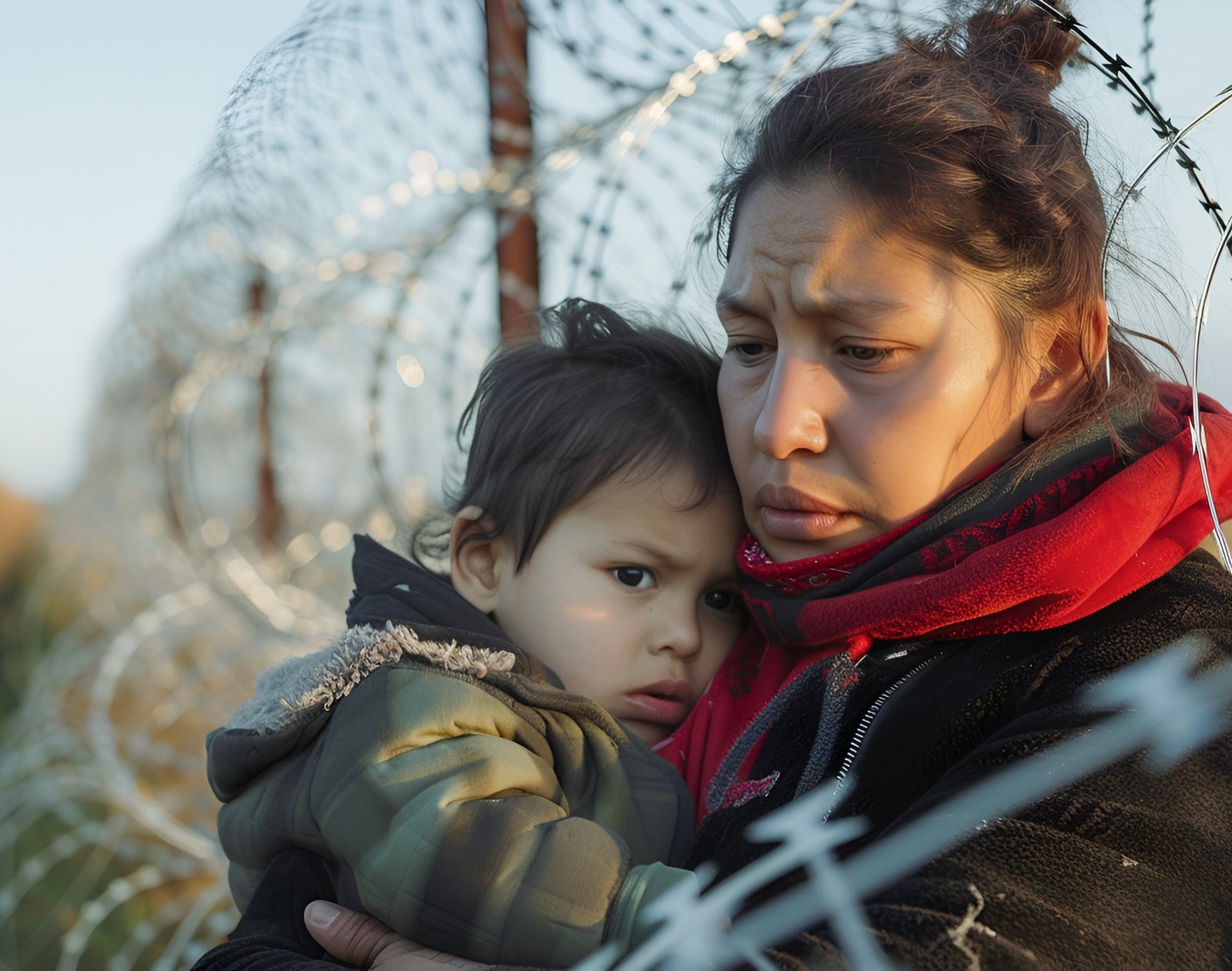SIJS
SIJS Basics – What You Need to Know
For an undocumented minor to qualify for Special Immigrant Juvenile Status, a court must make a formal determination of abuse, neglect, and/or abandonment from one or both parents. This involves a comprehensive assessment of the conditions in which the child has been living, threats of harm, and current circumstances, as well as other evidence. In order to prove abuse, neglect, or abandonment it is crucial to understand the definitions of each under California law and how the circumstances of your case apply to the law. Our attorneys at Juvenile Visa Law Group, P.C. are here to help you through the SIJS process. Reach out to schedule a consultation today.
Understanding Abuse in Special Immigrant Juvenile Status (SIJS) Cases
Navigating the complex landscape of Special Immigrant Juvenile Status (SIJS) cases can be challenging, and understanding the basis for abuse findings is a crucial part of the process. At Juvenile Visa Law Group, P.C., we are dedicated to providing professional legal guidance and compassionate support to families and young individuals throughout California.

What Constitutes Abuse?
In SIJS cases, both for children 0-18 and young adults 18-21, abuse is defined under various California laws, with specific criteria that must be met for a Family Court to make the necessary findings. Here is a detailed explanation of what constitutes abuse:
Physical Injury:
Abuse is recognized as the intentional or reckless causing, or attempting to cause, bodily injury. According to California Family Code § 6203(a)(1), this definition covers both direct physical harm and attempts to inflict such harm.
Beyond Physical Injury:
It’s important to note that abuse is not limited to the actual infliction of physical injury or assault. As stated in California Family Code § 6203(b), abuse encompasses a broader range of harmful behaviors. This includes situations where the child has suffered or is at substantial risk of suffering serious physical harm, which is not accidental, inflicted by the child’s parent or guardian. This is further reinforced by California Welfare and Institutions Code § 300(a).
Importance of Abuse Findings in SIJS Cases
For an undocumented minor to qualify for SIJS, a Family Court must make a formal determination of abuse. This involves a thorough review of any incidents or threats of harm, ensuring that substantial evidence supports the claim. The court must also find that reuniting the child with the abusive parent or guardian is not in the child’s best interest.


How We Can Help
At Juvenile Visa Law Group, P.C., we have extensive experience in handling SIJS cases involving abuse. Our dedicated attorneys will work closely with you to gather essential evidence, prepare compelling arguments, and navigate the legal complexities of your case.
Whether your situation is contested or involves challenging circumstances, we are here to provide the expert legal counsel you need. We handle all Special Immigrant Juvenile Status cases throughout all counties within the State of California.
Trust Juvenile Visa Law Group, P.C., to handle your case with the utmost care and professionalism, ensuring a secure and brighter future for you and your loved ones. Contact us today to learn more about how we can assist you with SIJS cases involving abuse.
Understanding Neglect in Special Immigrant Juvenile Status (SIJS) Cases
Addressing the issue of neglect is a fundamental aspect of Special Immigrant Juvenile Status (SIJS) cases. At Juvenile Visa Law Group, P.C., we are committed to providing legal guidance and compassionate support to young individuals and families navigating this critical area of immigration law throughout California.

What Constitutes Neglect?
In the context of SIJS, neglect is defined under California Welfare and Institutions Code § 300(b)(1). The statute outlines several critical components that constitute neglect, highlighting the various ways a child can be subjected to harmful conditions due to the actions or inactions of their parent or guardian:
Failure to Supervise or Protect:
A child is considered neglected if they have suffered, or are at substantial risk of suffering, serious physical harm or illness due to their parent or guardian’s failure or inability to adequately supervise or protect them.
Failure to Protect from a Custodian:
Neglect also encompasses situations where a parent or guardian willfully or negligently fails to protect the child from the conduct of the custodian with whom the child has been left. This means that if a parent leaves a child with someone who causes harm or poses a significant risk, the parent may be found negligent.
Failure to Provide Basic Necessities:
Additionally, neglect arises from the willful or negligent failure of the parent or guardian to provide the child with essential needs such as adequate food, clothing, shelter, or medical treatment. This includes not only physical neglect but also medical and nutritional neglect, which can lead to serious consequences for a child’s well-being.
Importance of Neglect Findings in SIJS Cases
For an undocumented minor to qualify for SIJS, a Family Court must make a formal determination of neglect. This involves a comprehensive assessment of the conditions in which the child has been living and whether there is substantial evidence to support claims of neglect. The court must also find that reunification with the neglectful parent is not in the child’s best interest.


How We Can Help
At Juvenile Visa Law Group, P.C., we have extensive experience in handling SIJS cases involving neglect. Our dedicated attorneys will work closely with you to gather crucial evidence, prepare compelling arguments, and navigate the complex legal landscape to ensure your child’s safety and well-being.
Whether your situation is contested or involves challenging circumstances, we are here to provide the legal counsel you need. We handle all Special Immigrant Juvenile Status cases throughout all counties within the State of California.
Trust Juvenile Visa Law Group, P.C. to handle your case with the utmost care and professionalism, securing a safer and brighter future for you and your loved ones. Contact us today to learn more about how we can assist you with SIJS cases involving neglect.
Understanding Abandonment in Special Immigrant Juvenile Status (SIJS) Cases
Addressing the issue of abandonment is a crucial aspect of Special Immigrant Juvenile Status (SIJS) cases. At Juvenile Visa Law Group, P.C., we are committed to providing legal guidance and compassionate support to young individuals and families throughout California who are navigating this challenging area of immigration law.

What Constitutes Abandonment?
In the context of SIJS, abandonment is defined under various California laws, with specific criteria that must be met for a court to make the necessary findings. Here is a detailed explanation of what constitutes abandonment:
Abandonment by One Parent:
Abandonment occurs when one parent has left the child in the care and custody of the other parent for a period of one year without any provision for the child’s support or without any communication from the parent. This lack of support or communication must be accompanied by the intent to abandon the child. According to California Family Code § 7822(a)(3), these actions (or inactions) provide a basis for determining abandonment.
Presumptive Evidence of Intent:
The failure to provide support or to communicate with the child is considered presumptive evidence of the intent to abandon. This means that if a parent fails to support or communicate with the child for the specified period, it is presumed that they intended to abandon the child unless proven otherwise, as outlined in California Family Code § 7822(b).
Lack of Provision or Support:
Furthermore, abandonment is also recognized when a child has been left without any provision or support. This includes situations where neither parent has made arrangements for the child’s care, leaving the child without necessary resources for their well-being, as specified in California Welfare and Institutions Code § 300(g).
Importance of Abandonment Findings in SIJS Cases
For an undocumented minor to qualify for SIJS, a court must make a formal determination of abandonment. This involves a thorough review of the child’s circumstances and any relevant evidence to support claims of abandonment. The court must also find that reunification with the abandoning parent is not in the child’s best interest.


How We Can Help
At Juvenile Visa Law Group, P.C., we have extensive experience in handling SIJS cases involving abandonment. Our dedicated attorneys will work closely with you to gather essential evidence, prepare compelling arguments, and navigate the complex legal landscape to ensure the best possible outcome for your case.
Whether your situation is contested or involves challenging circumstances, we are here to provide the legal counsel you need. We handle all Special Immigrant Juvenile Status cases throughout all counties within the State of California.
Trust Juvenile Visa Law Group, P.C. to handle your case with the utmost care and professionalism, securing a safer and brighter future for you and your loved ones. Contact us today to learn more about how we can assist you with SIJS cases involving abandonment.
F.A.Q.
Common Questions
How Long Does It Take For SIJS To Get A Green Card?
The time it takes to obtain a Green Card after SIJS approval can vary. Factors that affect the timeline include visa availability, processing times for the adjustment of status application (Form I-485), and individual case circumstances. Generally, it should take six months to receive a Green Card after SIJS approval. If you have been waiting more than six months, reach out to your attorney.
Can An SIJS Petitioner Get Married?
If you get married before your SIJS case is approved, you become ineligible for SIJS under 8 CFR S204.11(b)(2), which states that a petitioner must be “unmarried at the time of filing and adjudication”. It’s crucial to discuss your plans with your attorney to ensure that marriage will not adversely affect your immigration status or eligibility for a Green Card.
Can I File I-360 and I-485 Together?
In some cases, you can file Form I-360 (Petition for Special Immigrant Juvenile Status) and Form I-485 (Application to Register Permanent Residence or Adjust Status) together, also known as concurrent filing. This is only possible if a visa number is immediately available in the visa bulletin. Typically, SIJS petitioners must wait until their I-360 is approved and a visa number becomes available before filing Form I-485. It’s best to consult with your attorney to determine the appropriate timing for your filings based on your individual situation.
Can I File I-485 While I-360 Is Pending?
Generally, you cannot file Form I-485 while your I-360 is pending unless a visa number is immediately available. Most SIJS petitioners must wait until their I-360 petition is approved and a visa number becomes available before filing for adjustment of status. However, in some rare circumstances, concurrent filing might be allowed if a visa number is immediately available. Always consult with your attorney to understand the specifics of your case and to ensure you follow the correct procedures.
Can A SIJS Child Petition For A Parent?
No, a child with Special Immigrant Juvenile Status (SIJS) cannot petition for their parents to immigrate to the United States. One of the conditions of SIJS is that the child cannot be reunited with one or both parents due to abuse, neglect, abandonment, or a similar basis under state law. Because of this, SIJS does not provide a pathway for the child to sponsor their parents for immigration benefits.
Get in touch
Schedule a consultation today
Immigration procedures can be complex, intimidating, and even downright overwhelming. Immigration court generally requires you to be prepared with specific documentation, paperwork, and court appearances. That is why it makes sense to retain the services of an experienced SIJS attorney from Juvenile Visa Law Group. We understand the green card process with special immigrant juvenile status and have helped numerous immigrant families present their case in court. For more information, contact us today to schedule an in-depth case evaluation.
